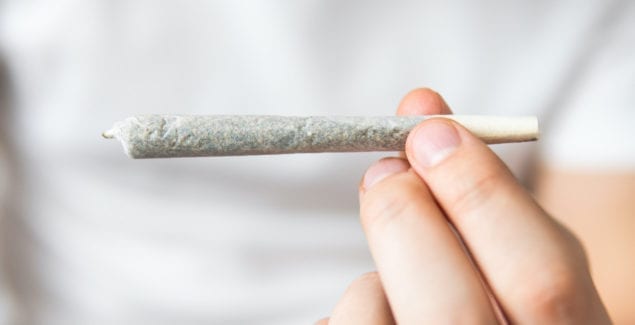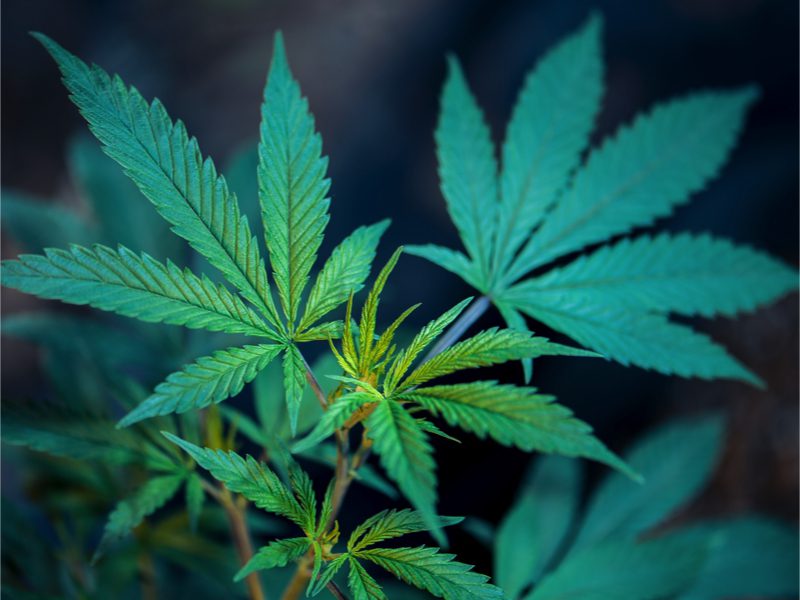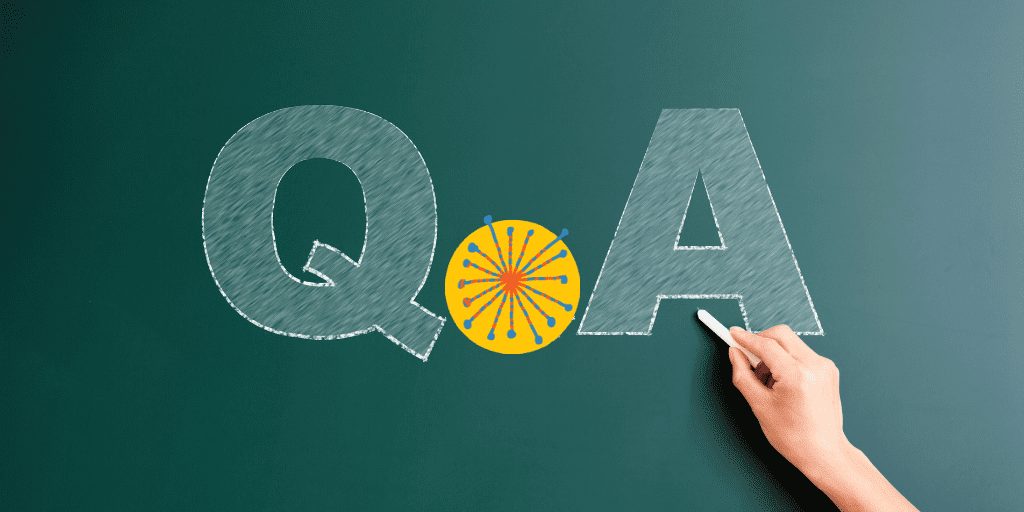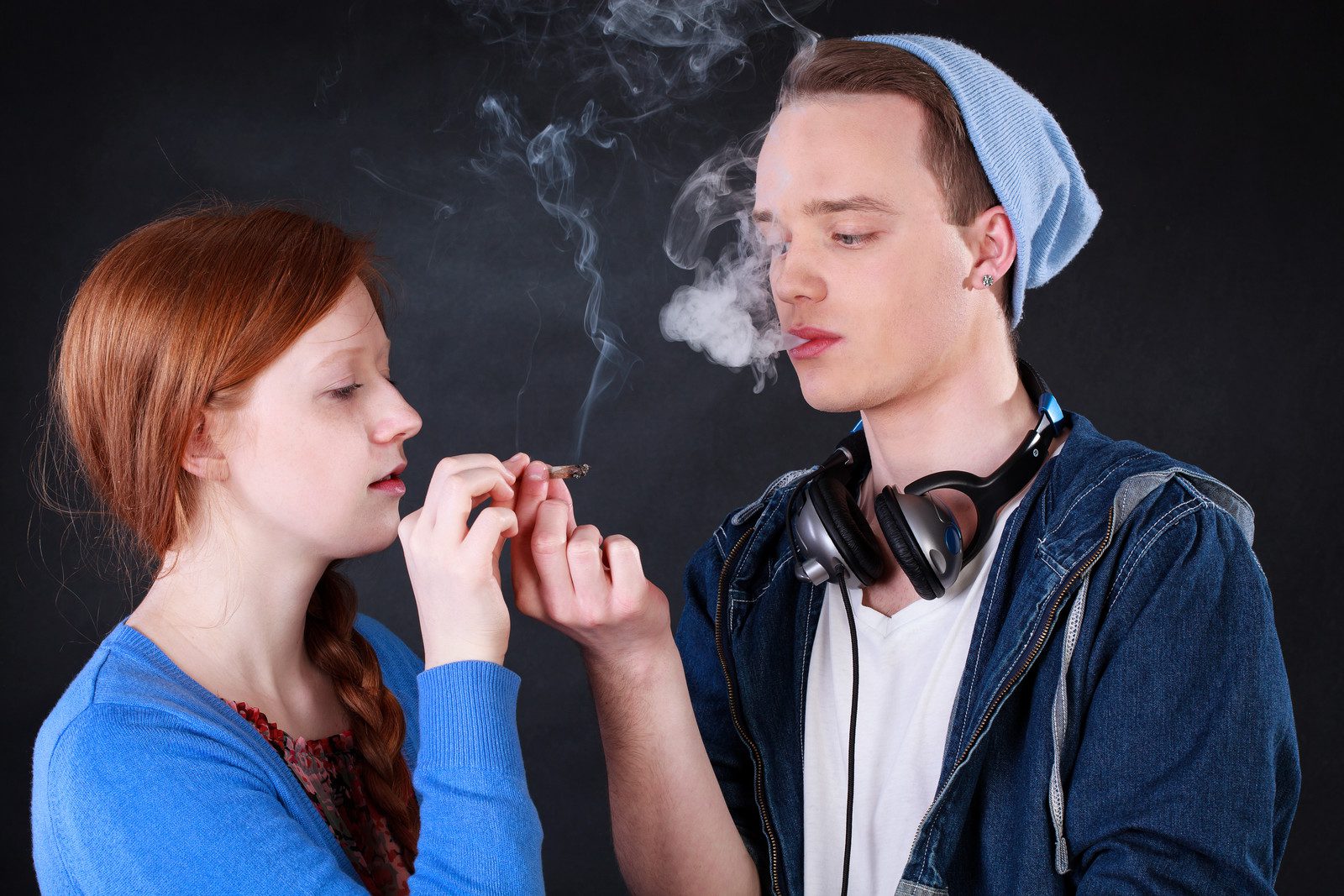What Are the Consequences If Your Teen Has Been Using Pot?

Posted in: Hot Topics, Parenting Concerns, Teenagers
Topics: Addiction & Substance Misuse
Many teenagers experiment with alcohol and other substances, and pot – or marijuana – is one of those drugs. While many states have made pot legal for medical and/or recreational use, recent studies show that this, specifically, has not increased its use in teens.
Tune in for more on what parents should know about teen drug use.
Still, many teens (and adults) have indulged in the use of marijuana. And one thing is for sure – the potency of pot has increased in past years, and there are risks for the development of the teenage brain. There are also misconceptions about the dangers of its use when driving, as it impairs coordination, reaction time, and judgment.
In a previous Q&A, we considered what to do if you discovered your teen was using pot, and emphasized how important it is to engage them in conversations about the use of pot using a calm, reassuring, and confidential approach. But what about consequences for using pot? After all, in most households, pot is against the rules – at least for minors. And, in our society, pot is illegal at the federal level, and even in states where allowed for recreational use it’s only for those over age 21. What, then, should be the approach to consequences for violating both family and social rules?
Here are a few guidelines for once you are in the mindset for a measured conversation:
Get the Facts
Before you can impose any consequences for using pot, you need to make some critical determinations.
- How much pot is being used, and what is the frequency? Is it used only in social situations, or when your kid is alone? Is there impairment in social, recreational, family, or academic functioning? The answers to these questions will determine if your kid has a substance use disorder. For example, if a child is using pot daily or multiple times a day; cannot go for more than a few days without withdrawal; tends to indulge alone and not just socially and infrequently; craves or misses using pot even for a day; shows deterioration in social, academic, or recreational functioning; and seems to have behavioral changes at home, such as irritability, emotional instability, problems falling asleep, or social isolation – your child may have an addiction. There may well be a family history of substance use disorder. Addictions tend to run in families, and this may be a major concern if you are considering an addiction. Consequences for addiction shouldn’t be punishments, but rather obtaining professional evaluation and treatment.
- What is the pattern and reasons of use? There are a few other issues that need to be addressed before any consequences for using pot are determined. One important thing to assess when you discuss social use is frequency and timing – whether thought is given to not use it when it interferes with academics or sports; and whether it is used in a safe, responsible manner. While the drug may not be entirely safe, it is key to understand if there are rules between friends not to drive, or to have a designated driver if there is pot (or any substance) involved. A critical issue to assess is whether the pot is used to “self-medicate.” Some kids and adults use substances, particularly alcohol or pot, to treat anxiety, depression, stress, or to help sleep. Like addiction (which may be a part of this picture), use of pot for self-medication warrants professional evaluation and treatment of an underlying condition rather than punishment.
Determine the Consequences
All families and societies have rules, regulations, and violations that lead to consequences. Just as driving too fast or going through a stop sign may result in a warning or a big ticket, the officer needs to look at previous infractions and the level of danger involved to those in the car or on a busy intersection. There are clear guidelines that require a consequence, but the context is taken into account. The same is true for you at home. There are rules for behavior, and it’s always best to let your kids know in advance what will happen if they are broken, but every situation needs to take other factors into account. Has your child been dutiful in other areas, for the most part, such as completing academics, working hard on a team, or helping around the house with chores? Every family needs to consider whether or not these issues would modify a consequence. But for each family, as I often say to my patients, “Families are not democracies!” You as parents and caregivers need to craft your own rules for misbehavior based on your family values and ideals. They will differ from one home to another, and that is fine.
When I think about consequences for violating rules, I like to differentiate punishments from reparations, and always include the power of rewards for upstanding behavior.
- Punishments. Once you have talked about issues of use, frequency, safety, and determine that a negative consequence is warranted, it’s always wise to let the punishment fit the crime. If, for example, pot was used, and then your kid drove others home, the punishment should be stiffer than using pot (on a rare occasion) when at a sleep over. Most punishments involve taking away privileges, such as use of the car, computers, video games, or grounding (social deprivation). Depriving your child of treasured activities is common and often effective. Again, determine the pattern of use, how the use of pot fits in with overall performance at home, in school, and with friends, and then determine the level of severity, such as the time grounded or taking away the car keys.
- Reparations. There is a clear difference between punishments reparations. Reparations involve activities that can “make up” and compensate for wrongdoings by doing positive things to help others – a kind of prosocial making amends. Reparations, such as doing extra chores, child-care, cleaning up, or providing community service have advantages over punishments, in that they make some kind contribution as a way of “paying the price” for one’s transgressions. Reparations are ways we do something to soothe the guilt we feel when we have violated a rule or hurt ourselves or someone else. While there may not appear to be a connection between use of pot and making reparations, you might view the consequences for using pot as engaging in activities that are geared toward safety, self-care, and regaining trust and approval from parents and caregivers.
- The Power of Rewards. It’s always best to teach our kids that doing the right thing is rewarded by approval, validation, and respect. If our kids take care of themselves and others, abiding by family norms and values, they should be rewarded. The best rewards are social, not material. Some examples include increased freedom socially, such as later curfew, time away over weekends with friends, allowing them to attend concerts, classes, or taking lessons in a new activity. It may be material, such as a new tablet or phone, but social and personal rewards last far longer than clothes or physical goods.
Be Predictable and Consistent
All of us – adults and kids – need to have consequences for our actions, both positive and negative. One important principle that’s very valuable to kids is to make consequences predictable, clearly spelled out in advance, and consistent. All of us need structure in our lives, especially our kids, and they need to know what price they have to pay for breaking rules, as well as what rewards they may earn by doing the right thing – such as just saying no to getting in a car with a friend who is taking them home after smoking pot. A simple call to a parent (with some lame excuse, such as “I was supposed to call home around now,”) should be met with an expected standing ovation as your kid asks to be picked up.
Encourage Them to Learn On Their Own
If there is one super valuable consequence for using pot, it’s finding meaningful ways to help your teen learn about the potential dangers of marijuana. While pot may be a part of their lives when they leave home, the best medicine is for them to appreciate how it affects their social, behavioral, and emotional life. There are websites, blogs, online courses, research and talks that can help them appreciate how marijuana affects them. The Clay Center has a number of resources.
While the use of pot for underage kids and teens is worrisome for most parents, it is a situation that many families will face. The question is what we as parents and caregivers can do in response to the experimentation of our kids. Let’s hope that we can move into an era of the legalization of pot with thought, care, and prevention of harm.

 Share
Share Tweet
Tweet





